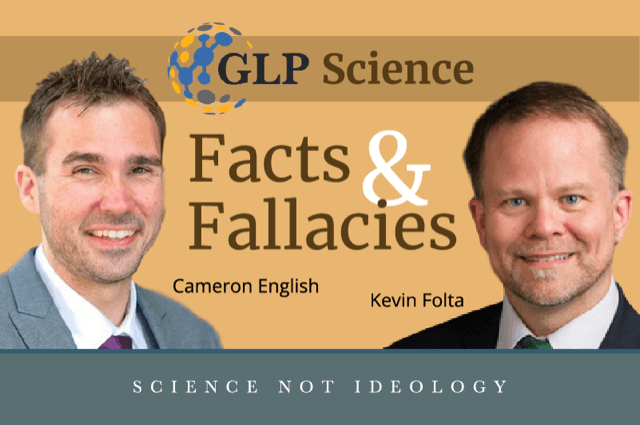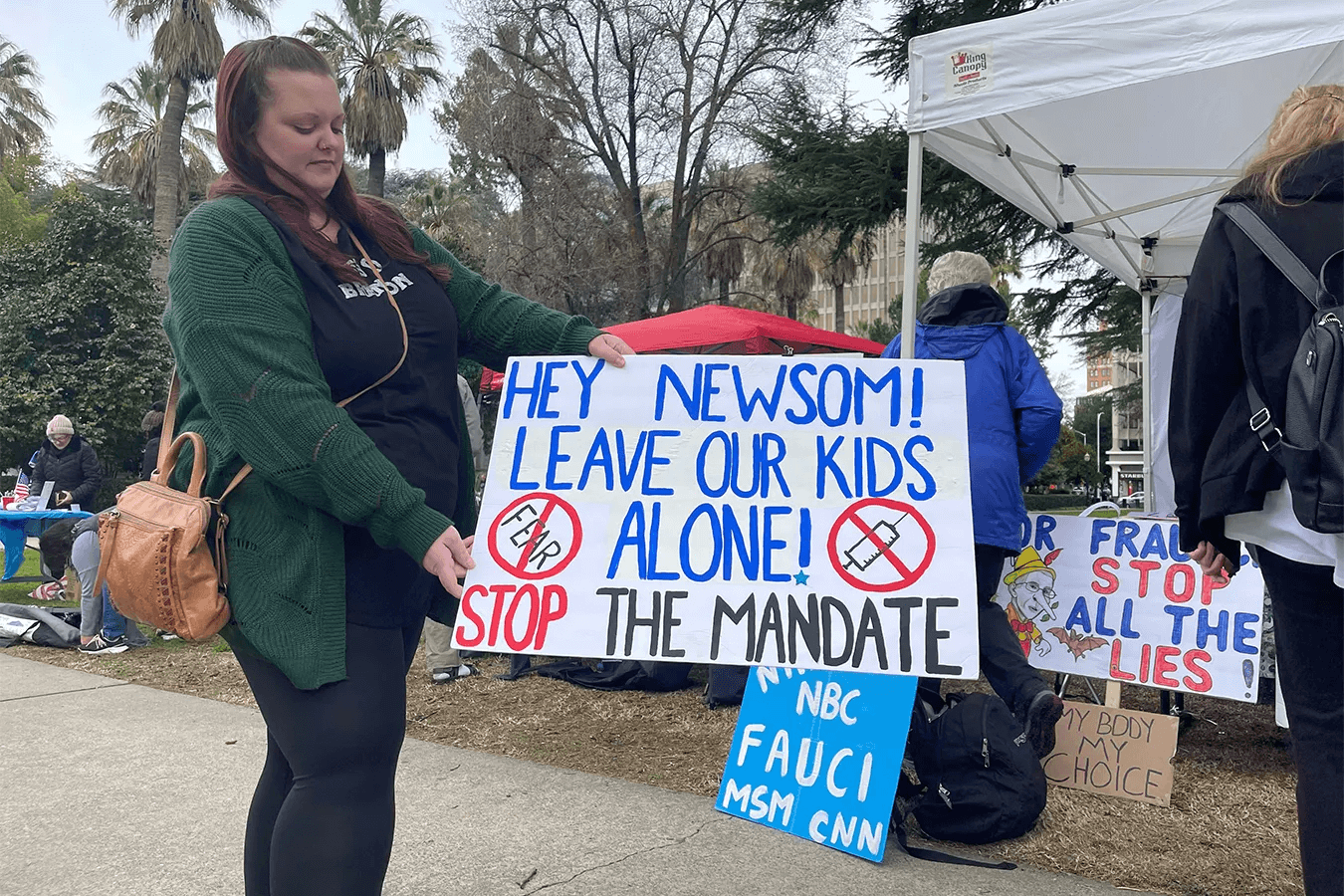GLP podcast: Politics over science. Why food safety debates are driven by ideology
Description

America’s ferocious battles over food safety and nutrition are often driven by politics and other ideological considerations rather than cold, hard facts. That’s the critical conclusion Charlotte Biltekoff, a UC Davis professor of food science and technology, discovered while writing her book Real Food, Real Facts: Processed Food and the Politics of Knowledge. Our food fights, Biltekoff says, are part of a deeper war, a clash between “Real Food” advocates—who emphasize whole, unprocessed foods and systemic issues like labor exploitation and environmental harm—and “Real Facts” proponents, often from the food industry, who defend processing as essential for nutrition, safety, and convenience, dismissing critics as uninformed.
Biltekoff parallels 19th-century dietary reformers—detailed in Laura Shapiro’s Perfection Salad—who tried to use nutrition science for social engineering, with Alice Waters’s “Delicious Revolution” in the San Francisco Bay Area, which prioritized sensory pleasure and tradition over standardization. Both movements sought cultural transformation through diet, but with contrasting ideologies. The similarities between these movements and the factions in our current food safety debates are striking.
One of the most important lessons that comes out of Biltekoff’s analysis relates to definitions: the public often views processed food as unnatural and additive-heavy, while industry defines it broadly (e.g., yogurt, pasta, and Cheetos all qualify). Simultaneously, however, consumers demand flavorful, nutritious food that will keep in their refrigerators and pantries until they’re ready to eat it—qualities usually made possible by food processing. In other words, the food industry is correctly responding to their customers’ buying habits, yet those same people have been convinced that the products they willingly purchase are made by unethical companies and causing chronic disease.
This schizophrenic dynamic intensified with the onslaught of anti-food industry documentaries like Super Size Me and Food, Inc., which cleverly framed food safety issues as symptoms of broader cultural problems, like corporate greed. Industry responses to these films were typically fact-focused rebuttals that overlooked the cultural concerns actually driving popular opposition to the modern food system, an approach Biltekoff calls “food scientism.”
Ultimately, Biltekoff advocates combining cultural and scientific expertise to address food challenges, acknowledging complexities in feeding the world sustainably.
Join Dr. Liza Dunn and Cam English on this episode of Facts and Fallacies as they discuss the messy politics of food safety and science communication.
Dr. Liza Dunn is a medical toxicologist and the medical affairs lead at Bayer Crop Science. Follow her on X @DrLizaMD
Cameron J. English is the director of bio-sciences at the American Council on Science and Health. Follow him on X @camjenglish
















